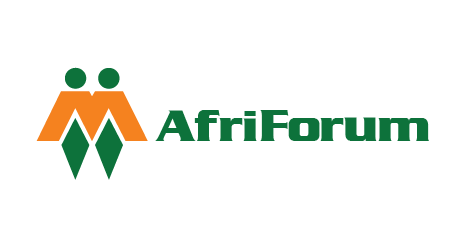AfriForum once again conducted its annual tests on the drinking water and sewage of 199 South African towns and audited 114 landfill sites across the country. The results of these reports indicate that municipalities still flout Section 24 of the Constitution, which ensures a healthy environment for all South Africans.
The water tests form part of AfriForum’s blue and green drop campaign, and the communities of the various towns were involved. Members of the community also received training to conduct these tests and the necessary equipment was distributed to every AfriForum branch in South Africa. The report indicates that twelve towns’ drinking water (blue drop) and 52 sewage systems (green drop) did not comply with national standards. Only 29% (33 out of 114) of landfill sites that were audited complied with the minimum requirements stipulated by the National Environmental Management: Waste Act (Act no 59 of 2008). This is a significant indication of government and municipal officials’ poor service delivery to South Africa.
“Communities must insist on their right to access to clean, running water and hold the various municipalities in future responsible by regularly monitoring the quality of drinking water and sewage. The blue and green drop results are worrisome – especially regarding poor sewage management – and points to a further decline of South Africa’s infrastructure and a shortage of skilled people to manage this infrastructure. AfriForum informed the residents of towns of which the drinking water quality did not fall within the set microbiological standards not to drink the water, and requested the affected municipalities to restore the water quality within 24 hours,” says Marcus Pawson, AfriForum’s Head of Environmental Affairs.
It was found in 2017 that 59 of the 88 sewage systems (i.e. about 67%) did not comply with set standards, compared to 52 of the 108 systems (i.e. about 48%) that were tested in 2018.
Although these statistics show an improvement in the last financial year, the management of sewage waste treatment works in South Africa is not out of the woods yet. “I think many communities now realise that government is unable to resolve the crisis on their own. We therefore need self-do projects, where experts get involved voluntarily and resolve the infrastructure crisis themselves to curb water pollution,” Pawson says.
The poor results of the landfill site audit, in turn, is a clear indication of the South African waste management system’s inability to function as it should. The number of landfill sites that passed the audit successfully does, however, point to an improvement on 2017’s statistics, when only 22% of landfill sites complied with 80% or more of the minimum legal requirements.
Chris Boshoff, Coordinator for Environmental Affairs at AfriForum, lists worrisome as well as positive aspects found at the various landfill sites in the official report. Boshoff says that AfriForum also performed audits on four privately-owned landfill sites as part of their project. These sites boast an average of 97,5% compared to state-managed landfill sites, that obtained an average of only 38% in the audit.
“AfriForum has already sent letters of demand to all municipalities of which the landfill sites do not comply with the minimum requirements. AfriForum also demands that these municipalities furnish us with the action plans they are going to implement to bring the sites up to standard. If the municipalities fail to respond, AfriForum will support the community in rehabilitating the landfill sites, where possible, themselves,” Pawson concludes.
Help to keep your environment clean and neat: Join this campaign by sending an SMS with the word “Omgewing” to 45354 (R1).
A complete list of towns tested during the blue and green drop campaign is available in the official report. The campaign report, as well as the official landfill site audit report, can be obtained upon request.

